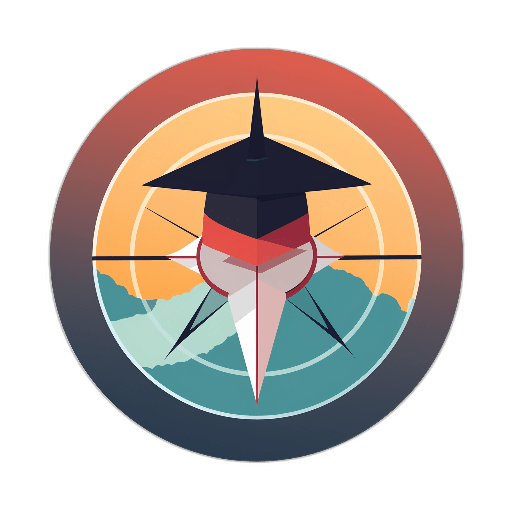Can Online Courses Substitute for Traditional College Education?
In recent years, the rise of online education platforms has sparked a debate on whether online courses can effectively replace traditional college education. With the convenience and flexibility of online learning, many individuals are considering this alternative as a viable option for acquiring knowledge and skills. However, the question remains: can online courses truly substitute for the traditional college experience?
The Appeal of Online Courses
One of the primary reasons why online courses have gained popularity is the convenience they offer. Students can access course materials, lectures, and assignments from anywhere with an internet connection, eliminating the need to commute to a physical campus. This flexibility allows individuals to balance their studies with work, family responsibilities, or other commitments, making education more accessible to a wider audience.
Furthermore, online courses often come at a lower cost compared to traditional college tuition fees. This affordability makes education more attainable for individuals who may not have the financial means to pursue a traditional college degree. Additionally, online courses allow students to learn at their own pace, providing a personalized learning experience that caters to individual needs and preferences.
Challenges of Online Learning
While online courses offer numerous benefits, they also present challenges that may hinder their ability to fully substitute for traditional college education. One of the main concerns is the lack of face-to-face interaction with instructors and peers. In a traditional college setting, students have the opportunity to engage in discussions, collaborate on projects, and receive immediate feedback from professors. This interpersonal aspect of learning is often cited as a crucial component of the college experience, fostering critical thinking skills and social connections.
Another challenge of online learning is the potential for distractions and lack of accountability. Without the structure of a physical classroom and regular in-person interactions, some students may struggle to stay motivated and disciplined in their studies. The autonomy that online courses provide can be a double-edged sword, as it requires self-regulation and time management skills that not all learners possess.
The Value of Traditional College Education
Traditional college education offers a holistic learning experience that goes beyond academic knowledge. In addition to subject-specific expertise, students in a traditional college setting have the opportunity to engage in extracurricular activities, internships, and networking events that contribute to their personal and professional development. The physical campus environment fosters a sense of community and belonging, providing students with a support system and resources to help them succeed.
Moreover, traditional college education is often seen as a rite of passage that signals to employers a certain level of dedication, commitment, and discipline. While online courses can provide valuable skills and knowledge, some employers may still prioritize candidates with a traditional college degree due to the perceived rigor and credibility of such programs.
The Future of Education
In conclusion, while online courses offer a convenient and flexible alternative to traditional college education, they may not fully replace the comprehensive learning experience that a physical campus provides. The value of face-to-face interactions, extracurricular opportunities, and the sense of community that traditional colleges offer cannot be easily replicated in an online setting. However, as technology continues to advance and online learning platforms evolve, the distinction between online and traditional education may become less pronounced.
Ultimately, the decision between pursuing online courses or a traditional college degree depends on individual preferences, goals, and circumstances. Both options have their merits and limitations, and the best choice will vary for each student based on their unique needs and aspirations. As the educational landscape continues to evolve, it is essential to consider the strengths and weaknesses of both online and traditional learning modalities to make an informed decision that aligns with one’s academic and career objectives.







